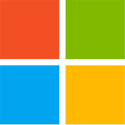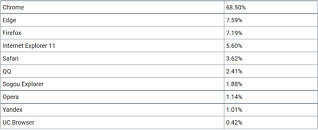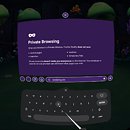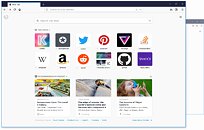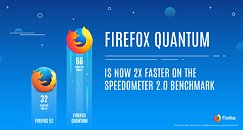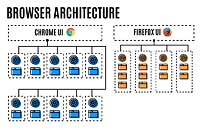
Mozilla Seemingly Prepares For Google Anti-Trust Lawsuit Fallout With New Search Partner
Mozilla and Firefox have undergone a slew of changes of late, with the non-profit laying off its entire advocacy team and subsequently working with a famous design house on a branding overhaul. At the same time, Google is facing a monumental US antitrust lawsuit that could see the search giant prohibited from paying to be the default search engine on a variety of platforms. Speculation until now has predicted that if Google loses the antitrust case, it would deprive Mozilla and Firefox of a massive revenue stream, effectively ending the Firefox browser as we know it.
Perhaps in preparation for this imminent change, Mozilla has just announced a new search partnership with Ecosia, the search engine that prioritizes privacy and environmental concerns. Mozilla didn't explain what the partnership entails, but the official announcement seems to suggest that Ecosia won't become the default search engine for Firefox, although the blog post does encourage switching to Ecosia as the default search engine. Ecosia advertises that it is transparent when it comes to its earnings, and it donates all of its profits to environmental conservation efforts. It also embodies many of the privacy protections that Firefox has historically been known for. A more cynical reading of the situation might suggest that this is simply part of Mozilla trying to save face after its recent layoffs and a round of bad news.
Perhaps in preparation for this imminent change, Mozilla has just announced a new search partnership with Ecosia, the search engine that prioritizes privacy and environmental concerns. Mozilla didn't explain what the partnership entails, but the official announcement seems to suggest that Ecosia won't become the default search engine for Firefox, although the blog post does encourage switching to Ecosia as the default search engine. Ecosia advertises that it is transparent when it comes to its earnings, and it donates all of its profits to environmental conservation efforts. It also embodies many of the privacy protections that Firefox has historically been known for. A more cynical reading of the situation might suggest that this is simply part of Mozilla trying to save face after its recent layoffs and a round of bad news.







